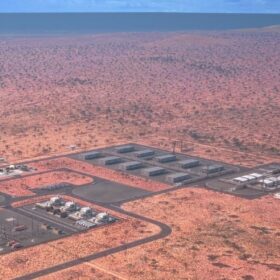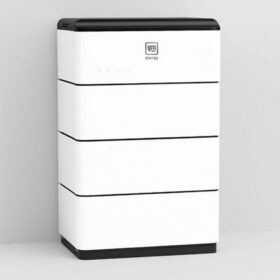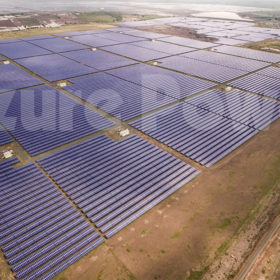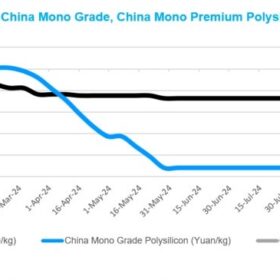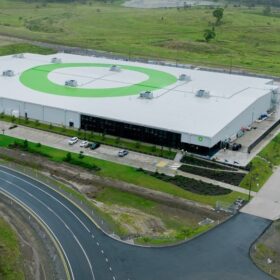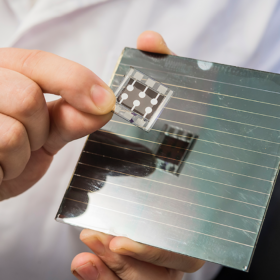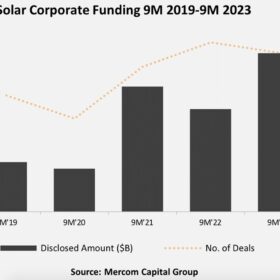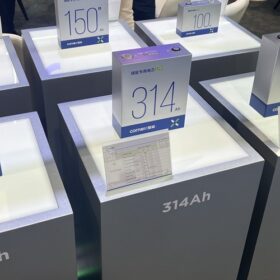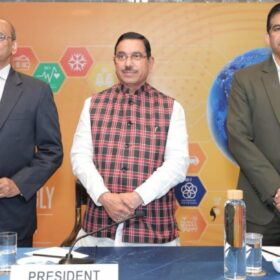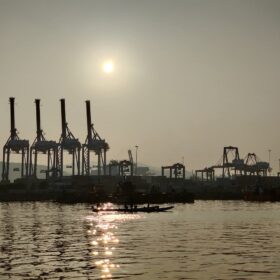South Australia regions earmarked for large-scale renewable energy projects
South Australia has announced two proposed release areas designated for the development of large-scale renewable energy projects in the Whyalla and Gawler Ranges regions.
General Motors launches residential storage system
The US-based automotive manufacturing company said its new storage system offers the option of integrating with PV systems. It can be scaled to reach a capacity of up to 35.4 kWh, which the company said would enable approximately 20 hours of storage.
Azure Power secures REC and HSBC refinancing, completes early bond prepayment
With this, more than $ 500 million of debt has been refinanced in the current financial year
Polysilicon prices remain stable ahead of U.S. Department of Commerce’s anti-dumping ruling
In a new weekly update for pv magazine, OPIS, a Dow Jones company, provides a quick look at the main price trends in the global PV industry.
Fortescue launches battery pack manufacturing plant in Detroit
Australian mining and green energy major Fortescue plans to launch its manufacturing efforts in the United States by producing a high-voltage battery pack with up to 34 kWh capacity built around the company’s scalable battery module technology.
Perovskite solar cell achieves higher stability with new tin oxide layer
Using atomic layer deposition, a research team from the City University of Hong Kong has created an an oxygen-deficient tin oxide layer to replace the more common fullerene electron transport layer in perovskite solar cells. The result is a 25%-efficient device that is able to retain around 95% of its efficiency after 2,000 h.
Global corporate funding in solar sector down 23% so far this year
Total corporate funding in the solar industry reached $22.3 billion in the first nine months of 2024, down 23% year on year. Mercom Capital Group says global uncertainties are affecting investor confidence, but an increase in debt financing and resilience in newly announced large-scale project funding are bright spots for the sector.
A look at next generation battery cells
The battery industry is experiencing a seismic shift with advancements in prismatic cell technology, led by companies like Cornex, which promise to reshape energy storage solutions.
Japan’s Toyo plans 2 GW solar cell factory in Ethiopia
Tokyo-based Toyo Co. says it will invest $60 million in a new 2 GW solar cell factory in Ethiopia, to mostly serve the US market.
Leaders from 120 member countries to attend Seventh Session of International Solar Alliance Assembly in New Delhi
The Seventh Session of the International Solar Alliance (ISA) Assembly, to be held in New Delhi from Nov. 3-6, will deliberate on ISA initiatives to improve energy access, security and transition among its member countries.
